Buying a home is an expensive investment; it is essential to take care of it. When purchasing a home, some of the most critical questions you should always ask concern its foundation. The experts at www.sedonawaterproofing.com in Charlotte, NC explain that foundation problems cause structural issues that put you, your investment, and your family’s safety at risk. Foundations settle with time, but if it is uneven or unstable, the problems start showing up on the structure. If you notice signs of a foundation problem, it’s vital to implement foundation repair.
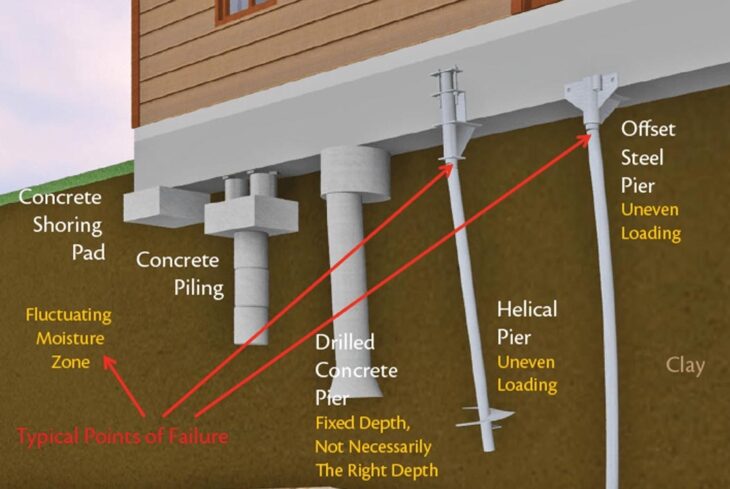
Source: homeguide.com
Contents
Causes of home foundation problems
One of the prominent causes of foundation problems is water; moisture fluctuation in the foundation soil leads to shrinking or swelling hence movement beneath the foundation causes instability. Your home becomes more vulnerable to foundation instability if:
- It lies on improperly compacted and unstable fill soils
- Waterlogging or poor drainage around the foundation
- The area experiences extreme seasonal changes.
- Growth of tree roots near the home
- The building lies on expansive clay.
- Plumbing leaks underneath the home.
Signs of foundation problems
Many homeowners never think twice about the changes and additions they make to their homes, like adding rooms, changing the layout, or building new walls. If you’re suspecting that your foundation is unstable, you can look out for the following exterior and interior warning signs.
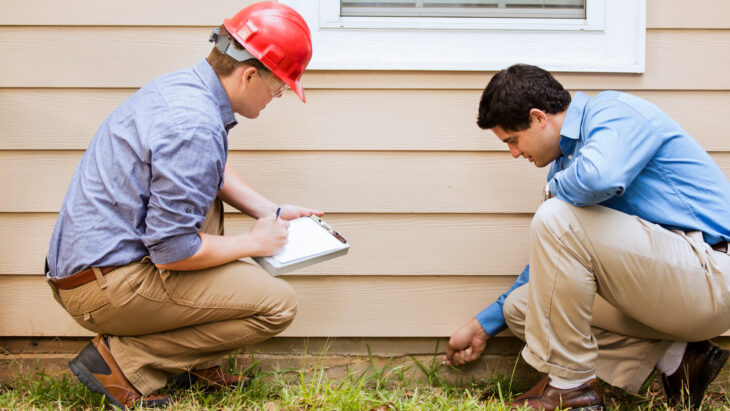
Source: Realtor.com
Water damage
Most foundation problems emerge from water damage, either because of plumbing leaks or the soil underneath is waterlogged. When water fails to drain properly from the structure, it makes your foundation vulnerable; concrete foundations will crumble within no time when moisture builds up.
Warped walls and ceilings
Your walls and ceilings can give insight into what’s happening in your foundation. Suppose your walls and ceiling are warping and no longer flat and flush; this may signify that your foundation has shifted. When you observe the corners of your home, you may notice that they no longer match; if this happens to the molding, ceiling joints, and corners, consider a foundation repair.
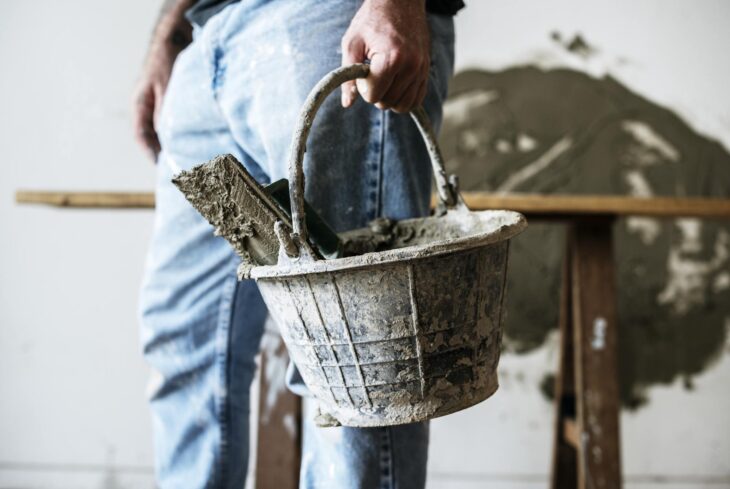
Source: Realtor.com
Foundation cracks
These are perhaps the most popular signs of damaged foundations. If you start noticing visible cracks, the damage is likely severe because they occur after unnoticeable ones. Crumbling exterior walls is a more significant concern that would require prompt expertise. In your home’s interior, your basement will show visible signs of damage and hairline fractures.
Structural signs
Structural signs you can consider as warning signs of a foundation problem include:
- sloping stairs
- unlevelled floors
- slanting windows that no longer look square
- unaligned doors that won’t shut properly.
You can notice these problems when you roll objects on the floor, and they move in different directions or try to shut doors and windows but can’t close tightly.
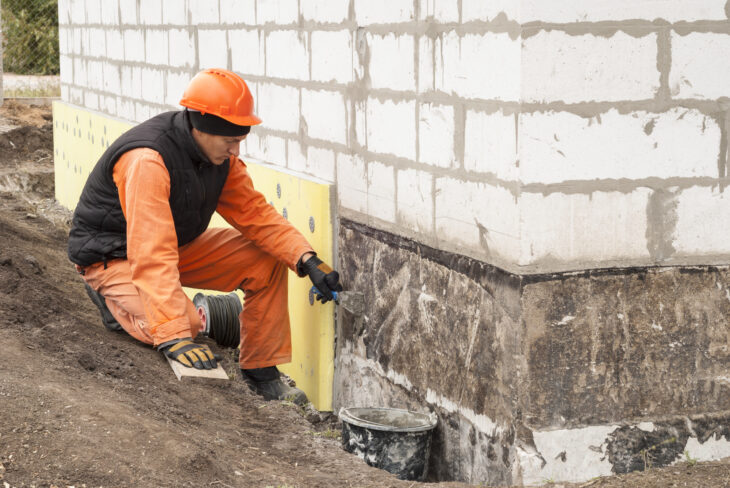
Source: sedonawaterproofing.com
Best foundation repair methods
There are different foundation repair methods, some that have been used for many years. However, they all depend on the level of damage and cause of foundation instability.
Mud-jacking
The mud-jacking foundation repair method, also known as slab leveling, slab jacking, or concrete lifting, works by lifting sinking uneven or sinking concrete. Structural problems, such as slab foundation tilting or sinking, happen when the soil collapses or shifts, leaving empty spaces underneath. Mud-jacking is ideal for minor jobs like raising decks, porches, garage floors, driveways, patios, and walkways.
With slab jacking, two holes are drilled through the concrete foundation into the empty spaces. A mixture of natural elements like cement or soil is injected through the holes to fill the void. As the mixture expands, the sunken slab is raised, lifting your home’s foundation.
Although slab jacking is a short-term fix that needs maintenance every few years, it has the following advantages:
- It doesn’t leave a mess, hence no need for cleaning.
- A fast process that takes about an hour
- Cost-effective
- Suitable for any weather condition.
- Leaves no color change as it takes place underneath the slab.
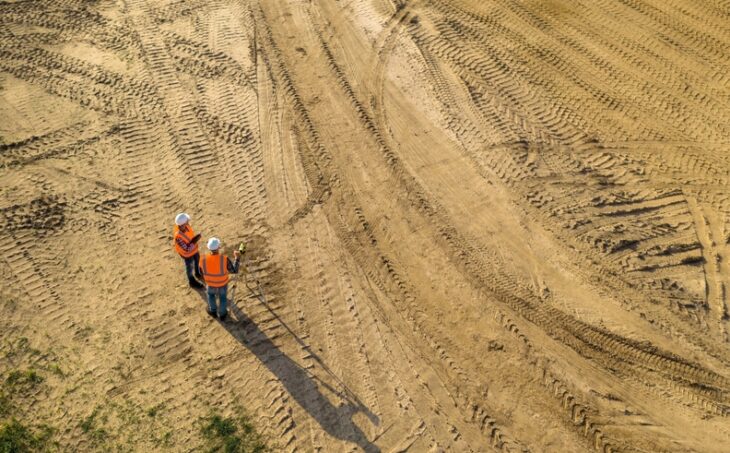
Source: cjmillerllc.com
Soil modification
Also known as soil stabilizing, soil modification involves making the ground stable and stiffer than it was. With this method, chemicals are used to fill voids in the soil layers. Soil modification is somewhat similar to slab jacking, but it requires more expertise due to the level of maintenance needed. However, it is advantageous because it is environmentally friendly, long-lasting, fast, and causes minimal damage to the foundation.
Masonry patches and sealants
The foundation supports the whole house; spotting any problems early and conducting a foundation repair on cracks can save it from further damage. When your foundation has cracks, patching them and using a waterproof masonry sealer can take care of the problem. However, the kind of mixture you use depends on the severity of the damage. If your foundation is experiencing negligible or minor cracks, you can chip them and perform masonry patches. Typical sealers for small cracks include silicone, hydraulic cement, epoxies, and vinyl concrete.
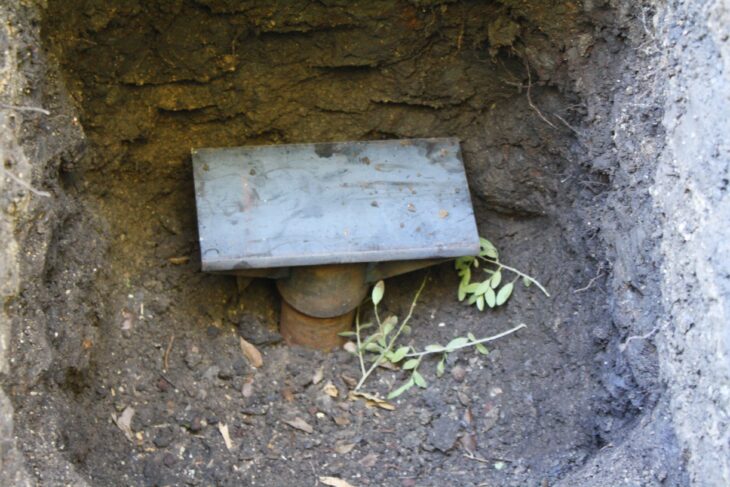
Source: alignfoundationrepair.com
Pressed piling
Piling, just like its name, involves driving piles into the ground for foundation repair.
- Steel pressed pilings- With this technique, steel pressed pilings are driven deep into the ground up to 100 feet to provide stability to your home’s foundation. Piling is excellent for soils such as expansive clay because the depth of the steel up to the bedrock piles prevents the foundation from shifting. Steel pressed piling can withstand heavyweight, and its low installation cost is an additional benefit. More so, this foundation repair takes less time and doesn’t disturb the site as much.
- Concrete pressed pilings- These are used as an alternative to standard concrete piers during a foundation to repair for reinforcement. When you use concrete piers, nothing holds them in place to prevent shifting inactive soil. Concrete pressed pilings combat this flaw and offer foundation support. The process is cost-effective and also comes with steel offerings.
Polyurethane foam
High-density polyurethane foam is an excellent foundation repair method, especially during emergencies. Its availability and ability to rise fast make it a preferred option in raising residential concrete, undisclosed or time-sensitive repairs, and highways. There are different kinds of high-density polyurethane foam used in different situations. For example, FS201 works best in high-moisture areas or water exposure, while RR501 is best for stabilization.
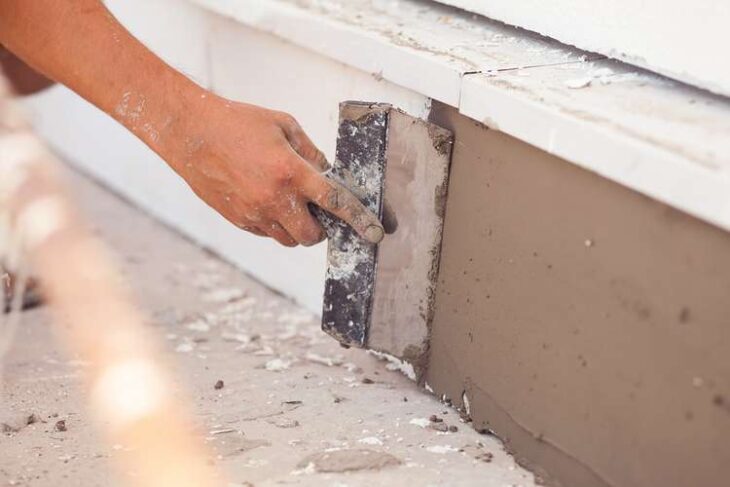
Source: ownerly.com
Piering
Piering is performed in different methods through the excavation of the earth strata. They provide long-term solutions for foundation repair, restoring it to its original level. They include:
-
Helical piers
If you live in an area with tricky soil types, helical piers are a popular foundation repair method that can provide the best solution. This method uses helix-shaped design steel (helixes) that you drive in the beams into the soil for your home’s stabilization. Helical piers are used when conditions don’t allow for other methods or when installing new foundations. However, when choosing this method, beware of extreme promises and high prices.
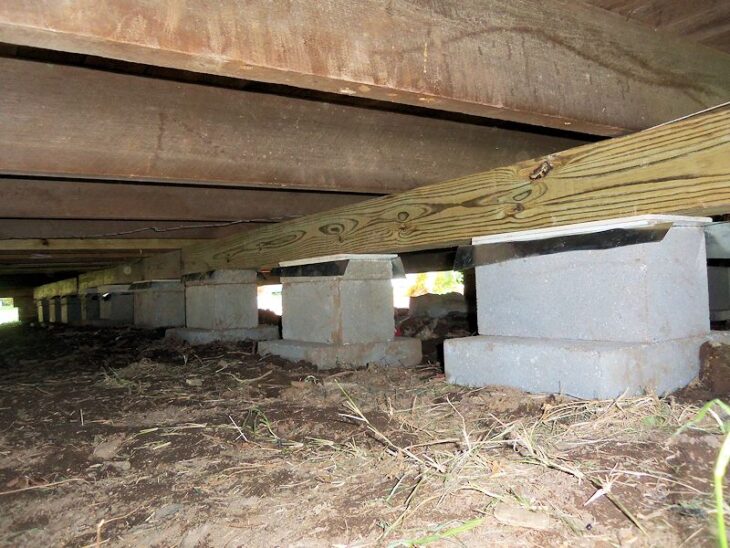
Source: edensstructural.com
-
Spot piers
Spot piers work best for foundations of light-loaded areas of your home, like an attached patio or outdoor porch. Spot piers are installed by digging and inserting a concrete mixture around your yard to stabilize damaged and vulnerable areas of your home’s foundation.
-
Concrete piers
Concrete piers foundation repair is of two types:
- Belled concrete piers- These are installed by driving the concrete piers about ten feet into the foundation and taking roughly seven to ten days for the foundation to cure. The bottom of the belled piers is shaped like a foot to provide a broad support area for the pie. The base of belled piers was built like poured concrete piers by pouring the concrete into a drilled hole and placing steel on the wet concrete. Concrete.
- Poured concrete piers- The foundation repair method is installed similar to belled concrete, where concrete is poured about ten feet into an excavated hole and left to cure. The concrete piers’ installation period is more extended than that of pressed concrete pilings as the latter uses precast concrete that is cured during its installation.
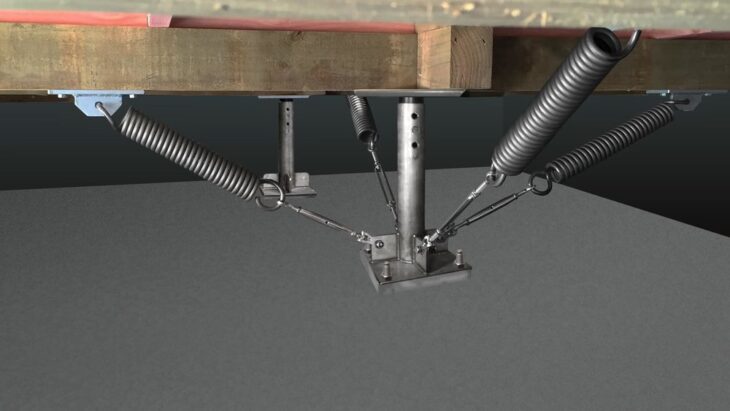
Source: permajack.com
-
Steel piers
Most experts highly recommend steel piers for permanent foundation repairs. Steel piers can handle heavy weights because of their strength and can be driven up to a depth of 100 feet, providing excellent stability for your home’s foundation. The depth of the steel piers is an assurance that they will not shift in the expansive clay soil because they reach the bedrock.
-
Segmented piers
Segmented piers are small cylindrical concrete tubes pressed into the soil under the foundation to repair the damage. The main advantage of using these segmented piers is their affordability; you can save thousands of dollars with this foundation repair method.
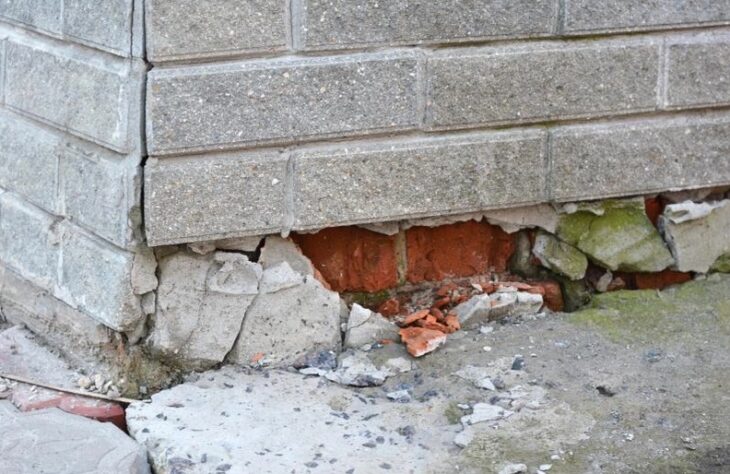
Source: truevalue.com
Choose the proper foundation repair methods
When you establish that it’s time for a foundation repair, don’t rush to choose a method; various issues require different repair methods. Start by determining what’s causing the problem; examine mortar joints, windows, trim boards, doors, floors, and moldings. Take note of the weather changes as these can cause a shift in the soil.
Secure your investment by repairing foundation problems today; contact a local professional because some foundation problems are complex and need people with expertise. With the different solutions for foundation repair, you can choose those that offer short-term or long-term fixes. Choose among slab jacking, pressed piling, piering, soil modification, and masonry patches and sealants.
